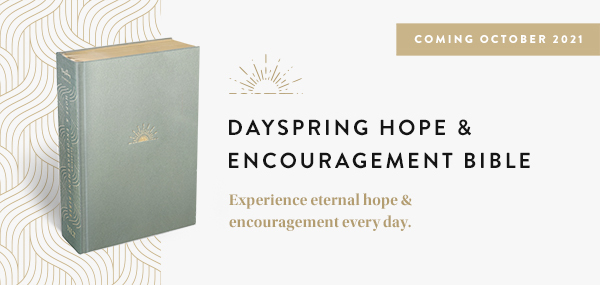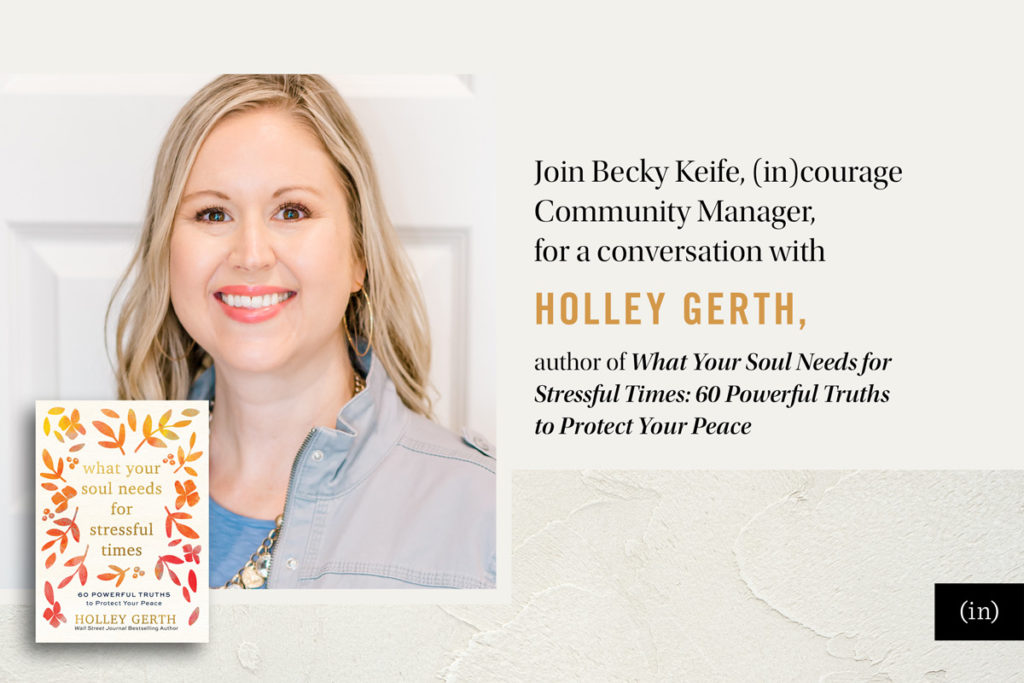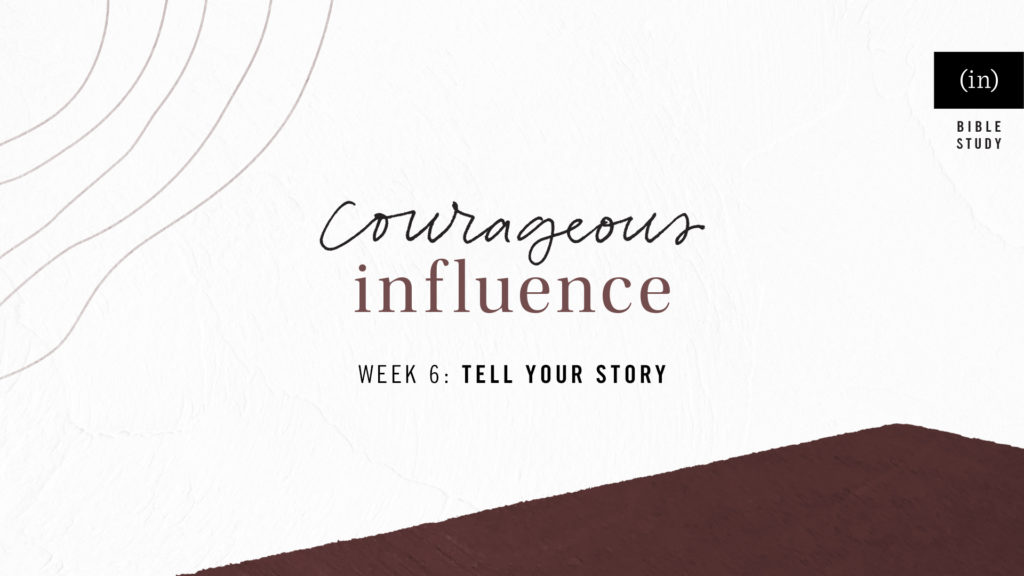I stand at the kitchen sink performing my nightly ritual. The water is scalding, but I barely flinch each time I rinse another dish under the steamy stream. Maybe because my hands are used to the burn. Or maybe because I’m focused on a different kind of pain.
I draw in a deep breath, slow and long, willing my lungs to fill with enough air to usher in relief. I find none. My heart pounds faster than it should. My chest tightens. It feels like coffee jitters in the life-pumping part of me — only I haven’t had caffeine since the morning. The beat of my own heart feels like life draining out of me. My mind races with a traffic jam of thoughts — speeding yet stuck. The irony is not funny.
I’m writhing, wilting, screaming inside. I’m pounding on the jail of body and mind. I’m trapped. Yet on the outside, I look fine. I load another blue plastic kid bowl into the dishwasher, scrub harder at crusted bits in the corner of a glass pan.
Breathe deep. Fight the ache. Push forward. Crave normal. No relief.
After months of enduring this can’t-catch-my-breath agony, I finally admit that I have a serious issue with anxiety.
I looked fine. I wanted to be fine. But I wasn’t. Not by a long shot.
Several years have since passed. Sometimes the muscle memory of those fruitless deep breaths sneaks up on me. Unless I intentionally recall those tight-chest, racing-mind days, I almost forget that I was once stuck in the anxiety pit. I forget how I cried to God who lifted me out of it.
When “healed” becomes your new normal, it’s easy to forget the Healer.
My hunch is that this is what happened to the men with serious skin diseases who called out to Jesus for mercy. As they went to show themselves to the priests, the lesions of their leprosy vanished. Painful blisters were replaced with smooth skin. Deformed hands and feet were repaired to full function. The disease that had ravaged their bodies and ostracized them from society — for who knows how many years — was miraculously gone! What mercy! Praise God!
But only one did.
But one of them, seeing that he was healed, returned and, with a loud voice, gave glory to God. He fell facedown at his feet, thanking him.
Luke 17:15-16 (CSB)
Where were the other nine, Jesus wanted to know? Could they have forgotten the answer to their plea so quickly? Taken the miracle for granted already?
As readers, it’s easy to sit in judgment over these nine, seemingly ungrateful, men. The Messiah altered the course of their entire lives, yet they didn’t have the decency to come back and acknowledge the wonder or utter a thank you!
What if, for a moment, we step down from the judge’s seat and into the healed men’s shoes? Consider their joy. Consider their total awe. How utterly astounded they must have been. Surely they must have wondered if their eyes deceived them. The man who healed them said, “Go and show yourselves to the priests,” so without hesitation, they went!
Can you picture it? After being disabled and only able to hobble for years, they could now walk without pain — or better yet, run! Oh, how those men must have dashed and danced into the presence of the priests appointed to bear witness to their miraculous healing. Or perhaps they first collapsed on the dusty road, weeping with relief.
The exact responses of the nine are unknown. What we do know is that one man came back. What provoked his change of course? First, Scripture says he saw that he was healed. He recognized God’s work in his life. Next, he returned. The man didn’t continue on his way — even to the very task Jesus told him to do; he came back to give God glory and profess his thanks.
What a beautiful sight that must have been: the healed worshiping the Healer. Then to hear Jesus offer another lifeline of encouragement and freedom: “Get up and go on your way. Your faith has saved you” (Luke 17:19).
I wonder if the nine men who didn’t return ever regretted it. Weeks, months, or years later, as they labored at a job they never thought they’d perform, as they caressed the cheek of a wife they never thought they’d marry or see again, as they entered the synagogue to worship instead of being banished to the outskirts of town, did they ever pause to remember the agony from which they were delivered? Did they ever long to go back and thank their Deliverer?
I pull my hands from tonight’s hot suds, take a deep breath, and exhale my deepest thanks.
Thank You, Jesus, for hearing my cry. Thank You for answering my plea for freedom from anxiety. You are powerful and good! All glory is Yours! Forgive me for forgetting or taking Your mercy for granted. You are God my Savior, and my hope is in You all day long.
Unlike the ten lepers, God did not choose to exercise instantaneous healing in my life. Instead, He led me to pursue help through counseling to explore the roots and triggers of my anxiety. It was a long road of hard work. But Jesus went with me.
Shadows of anxiety still creep in, but I am grateful to have crossed that darkest valley.
Healing looks different for each individual. God is not limited by a particular means or timetable. The source of our cries for mercy can be equally varied. Maybe you’ve asked God for physical or mental healing. Or maybe you’ve begged Him for a miracle of relational restoration, financial repair, or spiritual renewal.
Wherever you are on the journey, pause today to recognize how God has worked already. Identify the prayers He’s answered. Then turn from your regular to-dos and return to Him. Pour out your praise and thanks.


 These three friends spent a few days together as they went through the study, and, lucky us, they recorded their conversations so we can all listen in. Find all the
These three friends spent a few days together as they went through the study, and, lucky us, they recorded their conversations so we can all listen in. Find all the 
 Stress is inevitable but letting it control your life is optional. As a bestselling author, counselor, and life coach, Holley Gerth has learned a lot about dealing with stress and what truly helps.
Stress is inevitable but letting it control your life is optional. As a bestselling author, counselor, and life coach, Holley Gerth has learned a lot about dealing with stress and what truly helps. 
